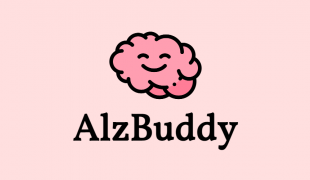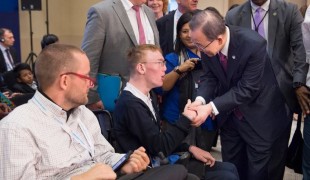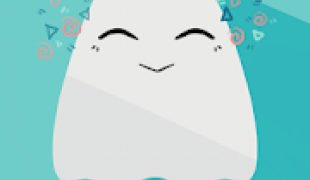- 10160
- 695
- 16
- 17
- 0
- Help Ukraine
Über die Lösung
Luis hatte immer schon Interesse an Spielprogrammierung und digitaler Technik. Ein querschnittsgelähmter Klassenkamerad war eine Inspirationquelle für Luis, und so begann er, sein Wissen und seine Fähigkeiten auf ein neues Gebiet auszubreiten.
„Durch den Kontakt mit meinem Freund und durch die Geschichten von Menschen in vergleichbaren Situationen, wurde mir klar, dass viele Behinderte aus Kostengründen keinen Zugang zu Technologien haben, die ihnen helfen könnten, Kommunikationsprobleme zu überwinden. Ich dachte, es sei eine gute Idee, dieses neue Projekt mit meinen älteren Projekten zu kombinieren. Ich konnte mir vorstellen, eines meiner Videospiele so zu gestalten, dass es mit Augenbewegungen gespielt werden kann", erklärt er.
Seine Innovation - das Eyeboard - ist eine Open Source Interface, die dem Benutzer die Möglichkeit bietet, mittels der Augen mit anderen Menschen zu kommunizieren und den Computer zu bedienen - Electrooculography genannt. Luis baute das System in eine Reihe von Brillen ein. Mit einem Preis von weniger als 300 Dollar ist Eyeboard damit auch für Benutzer in Entwicklungsländern erschwinglich.
Am Anfang seiner Suche nach bestehenden Systemen sah Luis schon, dass sie zu teuer waren.
„Mein Prototyp kann für etwa zweihundert Dollar gebaut werden, während ähnliche Systeme minimal zehntausend Dollar kosten", sagt er.
Luis startete eine ‚Kickstarter’-Kampagne, um das Projekt zu finanzieren.
Weitere Informationen: http://www.intelsath.com/eyeboard.php
Auszug aus: http://bit.ly/2msjBcd
http://kck.st/2nrXN16
Diese Lösung enthält keinen Hinweis weder auf die Verwendung von Arzneimitteln, Chemikalien oder biologische Stoffe (einschließlich Lebensmitteln) noch auf invasive Geräte, anstößige, kommerzielle oder inhärent gefährliche Inhalte. Diese Lösung wurde nicht medizinisch validiert. Vorsicht! Wenn Sie irgendwelche Zweifel haben, wenden Sie sich bitte an einen Arzt.
DISCLAIMER: This story was written by someone who is not the author of the solution, therefore please be advised that, although it was written with the utmost respect for the innovation and the innovator, there can be some incorrect statements. If you find any errors please contact the patient Innovation team via info@patient-innovation.com
-
-
302
-
0
-
3289

AlzBuddy – Zwei Studenten entwerfen App für Alzheimer-Patienten
-
-
-
546
-
0
-
7397

Ein Patient mit Sprachschwierigkeiten entwickelt eine Kommunikationshilfe
COMMUNICATION: Communicating, whether by speaking, listening, or other means
Reading
Cerebral Palsy
Neuromuscular Disorders
App (Including when connected with wearable)
Muscle cramps or spasms
Difficulty coordinating movements
Stiffness or rigidity (difficulty moving)
Paralysis of the legs and lower body
Muscle weakness
Difficulty speaking or understanding speech
Promoting self-management
Managing Neurological Disorders
Promoting inclusivity and social integration
Improving Speech and Communication
Neurology
Pediatrics
Russian Federation
-
-
-
415
-
0
-
7151

Teen mit OCD entwickelt App, um anderen zu helfen
Writing (letters, songs, peoms)
COMMUNICATION: Communicating, whether by speaking, listening, or other means
Obsessive-Compulsive Disorder (OCD)
App (Including when connected with wearable)
Anxiety
Difficulty concentrating or making decisions
Irritability or anger outbursts
Difficulty controlling impulses
Obsessive thoughts or compulsive behaviors
Managing Neurological Disorders
Enhancing Mental Health
To improve Treatment/Therapy
Raise awareness
Child and Adolescent Psychiatry
General and Family Medicine
Neurology
Pediatrics
Psychiatry
India
-
 de
de